October 5, 2021
Greek coroner Pavlos Pavlidis has the look of a man as at ease with the dead as he is with the living. He folds a world-weary expression mixed with compassion into a long, lean, chain-smoking form.
The medical examiner and his small team inhabit a basement corner of the University Hospital in Alexandroupoli in northern Greece.
A pair of white coveralls hangs on a hook outside a room where a body awaits the attention of the team.
Across the hall, jazz is playing over the speakers in Pavlidis’s office, a contrast to the grim pictures of bloated corpses that flit across his computer screen.
His main clients over the past two decades have been asylum seekers who’ve died trying to cross the Evros river tracing the land border between Greece and Turkey. About 500 during a 20-year career, he says.
"The land border [with] the European Union. Everything, it comes from here," he said. "They cross the river and people died for this reason."
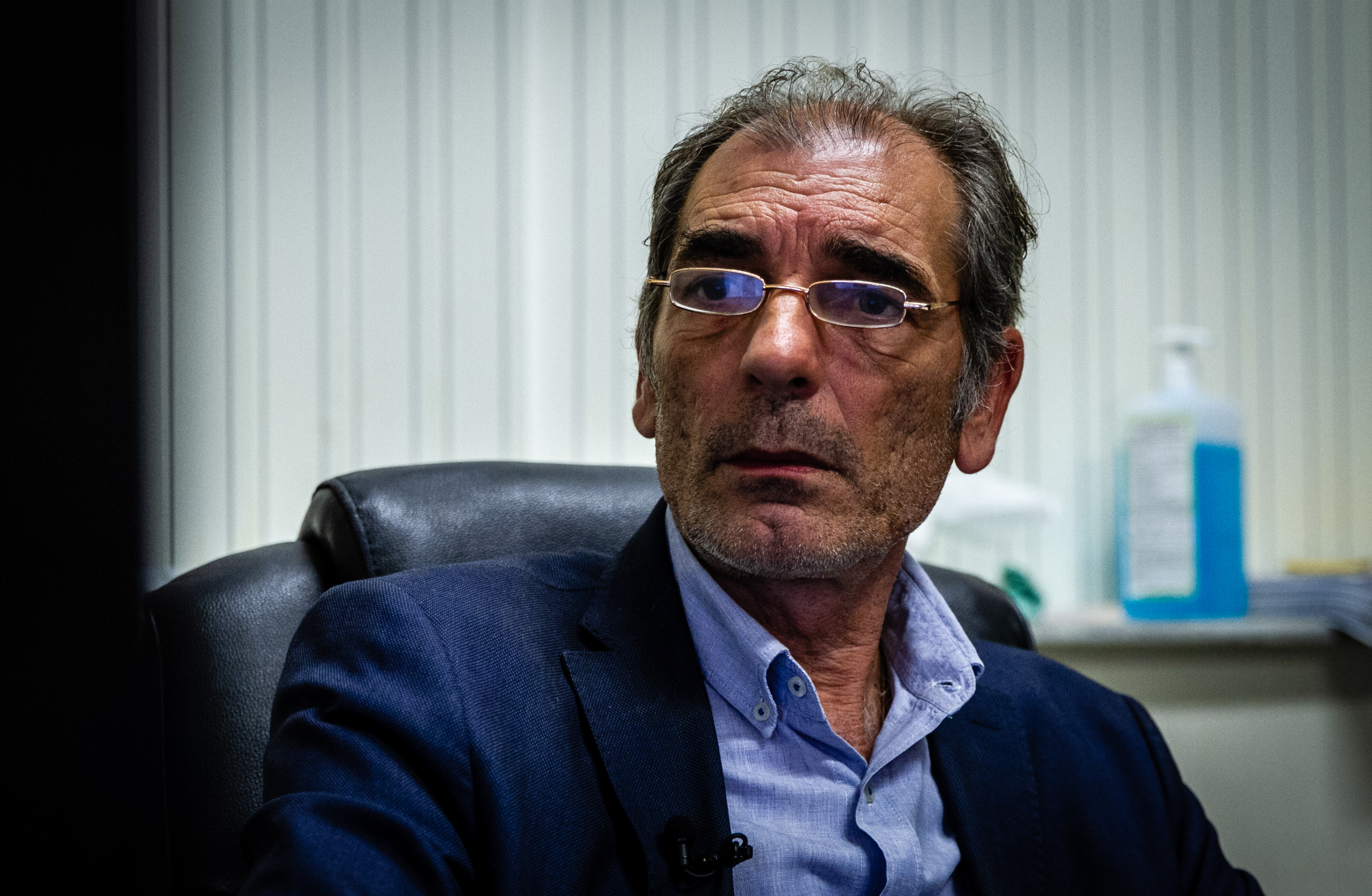
The Greek government’s efforts to fortify that border against further migration have turned a spotlight on the region.
Athens has pledged to deflect any further waves of migration, especially in the wake of the Taliban takeover in Afghanistan.
Increased patrols by the Greek coast guard and the European Union's Frontex border agency in the Aegean Sea have increased the popularity of the land route.
In August, the Greek government finished the second stretch of a fortified wall or fence it started building in 2012.
The bodies of at least 36 people who died trying to cross the Evros have been recovered so far this year. Pavlidis says the river doesn’t give them up easily.
"The river Evros is a very dangerous river, and [it keeps] the bodies about two, three months, maybe six months, in the water. It's very, very difficult to make identification from these bodies."

Evros crossing lesser known but no less perilous
The land route that asylum seekers take from Turkey into northern Greece is lesser known to the outside world than the often-dramatic images of rickety smugglers' boats carrying them from the Turkish shoreline to the Greek islands.
More than one million mainly Syrian refugees crossed to Greece in 2015 and 2016 in the hopes of moving on to other European countries.
Both routes, though, are filled with peril, the fate of those who don't make it often left to the imaginations of those left behind.
On the Greek islands, 45 per cent of asylum seekers have come from Afghanistan this year, according to figures from the United Nations High Commissioner for Refugees.
Pavlidis says the nationalities trying the Evros route these days come mostly from Pakistan, Afghanistan and Bangladesh, with others from Somalia and North Africa.
He does his best to discover the identities of those who don't make it.
The team documents and keeps all possessions recovered from a body. They're locked in a cupboard full of boxes lined with ordinary brown paper envelopes.
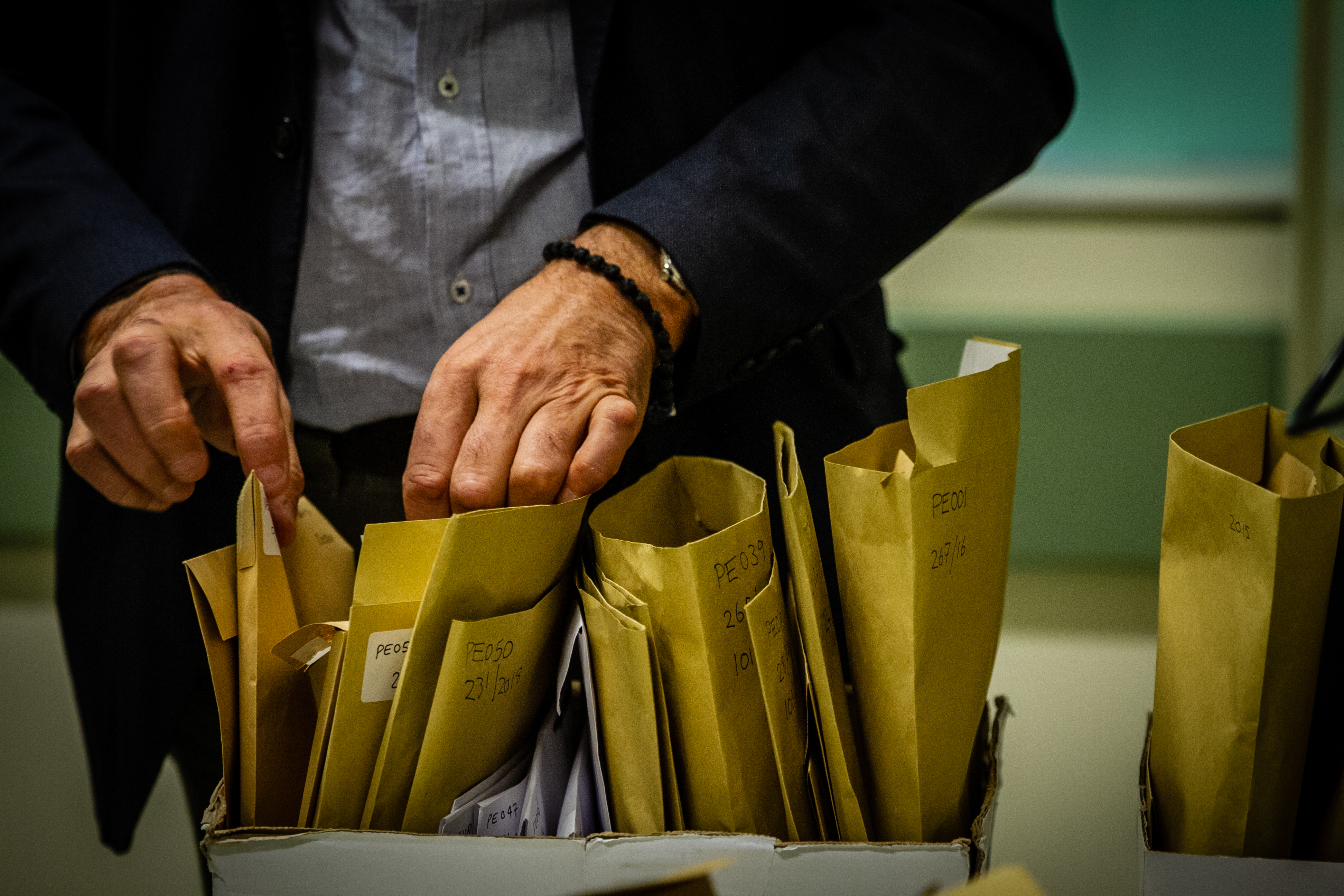
Pavlidis ruffles through them with practiced familiarity, pulling out little plastic bags that carry the touchstones of a life, trinkets and keepsakes that might remind someone of the home or the people left behind.
There are several rings, a prayer hat, a locket, a cellphone covered in the mud of the Evros river, bracelets. Pavlidis remembers finding one with the words "I believe" inscribed on it.
During our visit, the coroner receives an email from a young man looking for information about his brother, asking if there have been any matches to a DNA sample he had given three months earlier.
Pavlidis says relatives often know roughly where their loved ones were on their journeys when they stopped communicating.
"They give information: 'My son cross the river [10 days ago] from north part of river Evros and ... in the last 10 days, I have [no] news.'"
The coroner isn't convinced the recently completed stretch of wall will stop people seeking a better future from trying. The land border between Greece and Turkey, he says, is nearly 200 kilometres long.
In March of last year, there were sometimes violent clashes between Greek and Turkish border police when Turkish President Recep Tayyip Erdogan, in a dispute with the European Union, opened the Turkish border and invited migrants to head towards Greece, and so Europe.
He organized buses to take people there. Many, including families with children, became trapped between Turkish police pushing them forward while Greek security forces pushed them back.
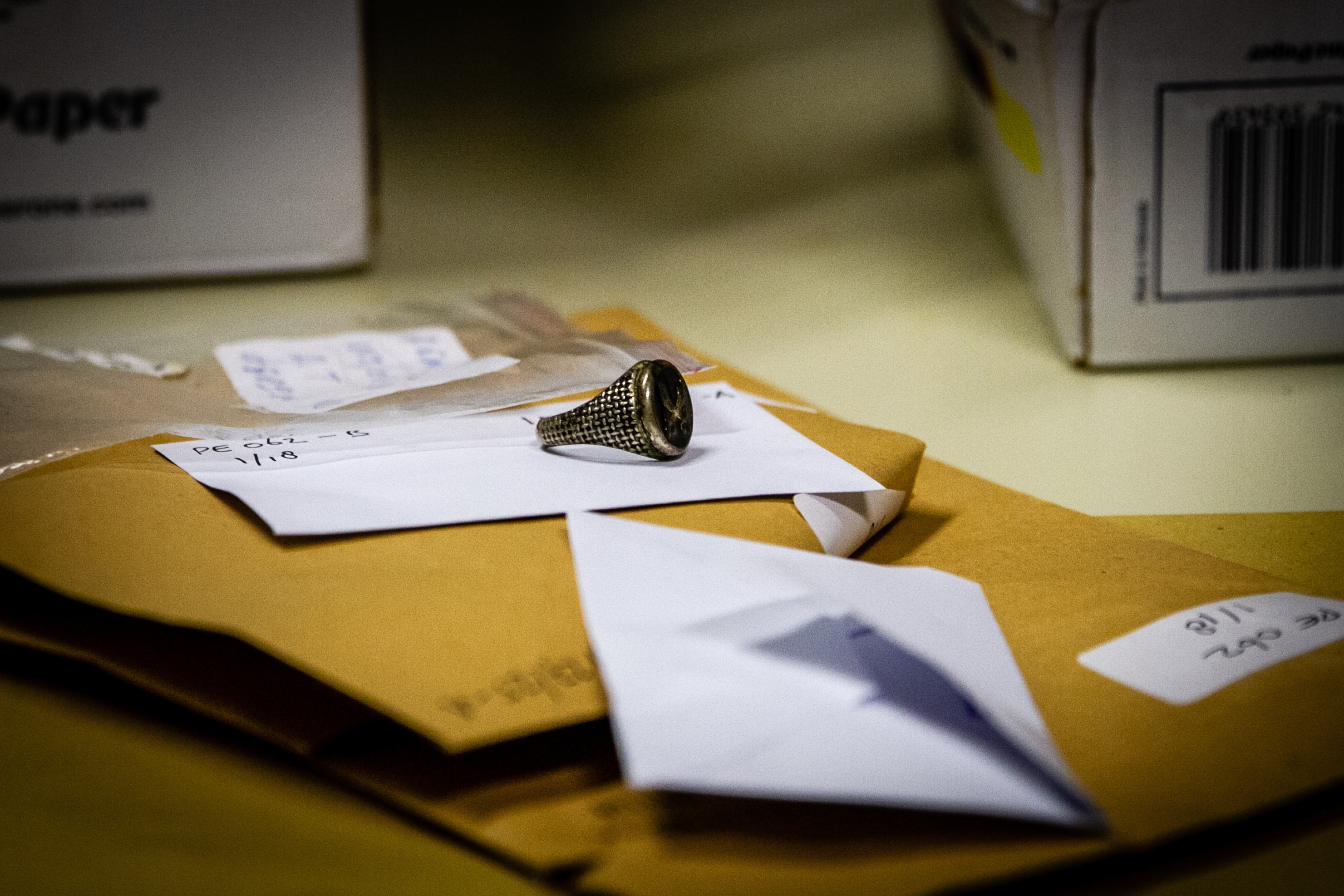
Reporting from the Turkish side at the time, CBC spoke with migrants returning from the border, dripping wet and without their shoes.
They said Greek police had taken their passports along with their shoes and clothes before sending them back.
On the Greek side, local residents and fishermen were called on to assist the Greek government in what Athens described as a Turkish assault using migrants as weapons.
"Back then, we gathered on the border, in the middle of the river, to be able to push back the invasion," said Alexandros Adalis. "Because it was clearly an invasion from the other side, from Erdogan."
Adalis fishes more toward the Evros delta, where there is no fence, but the whole area has been declared a closed military zone, and he has to ride his boat out of it in order to speak to us.
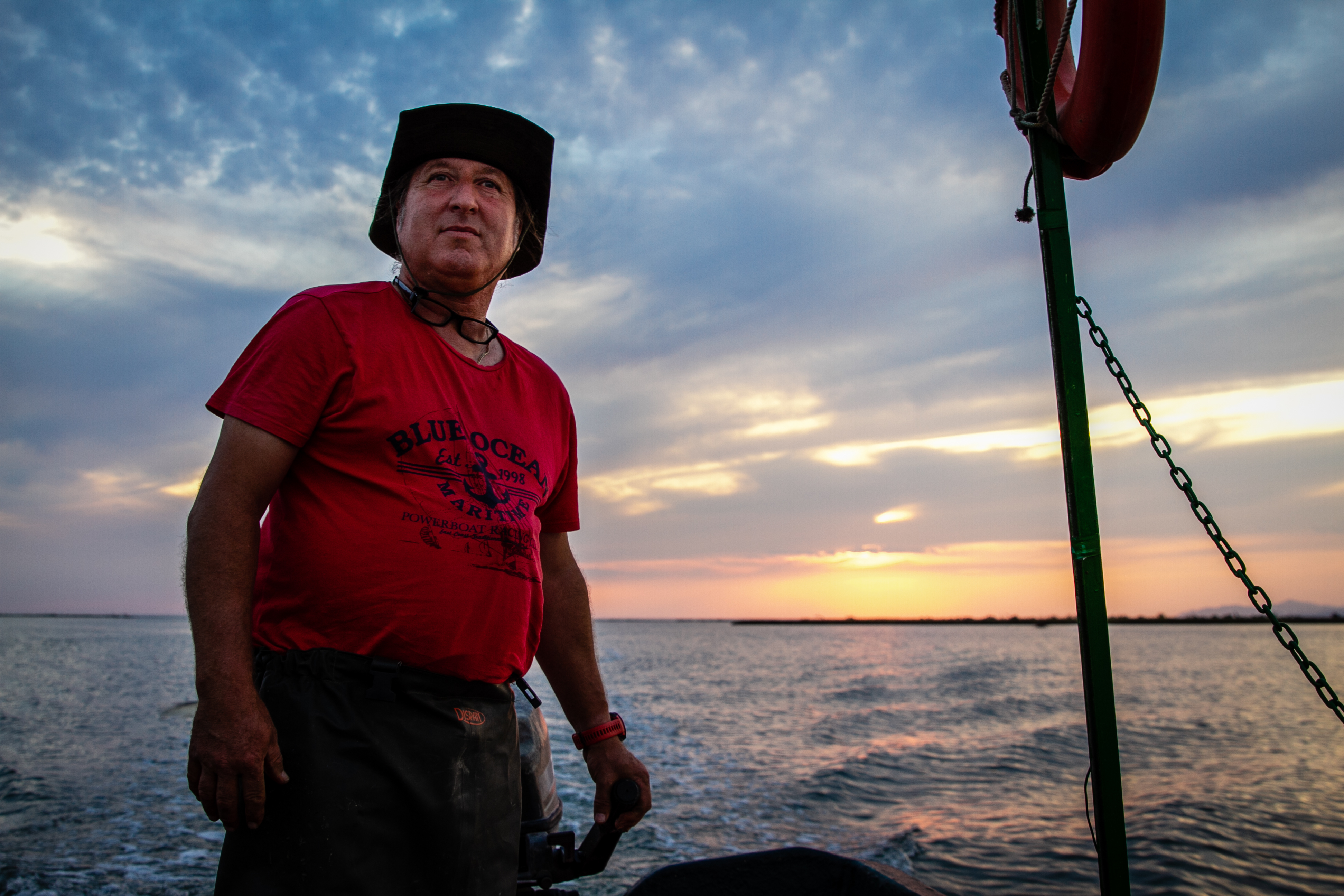
He doesn't consider many of those trying to cross the border to be "genuine" refugees.
"From what we know, a refugee is someone whose country is next to another country and when in danger, he flees [to that country.] When we speak of somebody from Somalia, it's a country that in Africa is very [far] so we can't say they are refugees, at least that's what I know."
Enmity between Greece and Turkey dates back more than a century and distrust between the two NATO members still runs deep. It wouldn’t take much to get a citizens' border patrol up and running.
"Maybe [Erdogan] is collecting Afghans right now and will send them to us all together, but for the time being, we are very calm," said Adalis.
Pushing back migration
Human rights groups have accused Greece of "push-backs" both along the land border as well as at sea when boats launched from Turkey try to land on the Greek islands.
Greece denies the allegations, as do Evros locals involved in what they describe as protecting the border.
But that Greece has moved to toughen its migration policies since Prime Minister Kyriakos Mitsotakis's conservative government was elected in 2019 is not in doubt.
"[The Mitsotakis government] is applying a very different approach to migration than the previous one," said Angeliki Dimitriadi, senior research fellow and head of the migration program at the Hellenic Foundation for European and Foreign Policy in Athens.
"They are heavily oriented towards deterrents, preventing people from entering the country as much as possible."

In addition to speeding up building on the second stretch of the Evros wall, Mitsotakis announced plans to create "closed and controlled" holding centres on five designated islands.
The government opened the first, on Samos, in September, saying that it would provide clean, safe housing for 3,000 migrants.
Greek Migration Minister Notis Mitarachi called it a vast improvement on the squalid and over-crowded camps that have dotted the Greek islands up to now.
"Much better living conditions, a lot more space for each asylum seeker, with all the necessary facilities and the kind of standard of living that you would expect from a European Union country," he said at a ribbon-cutting ceremony also attended by EU officials.
But they are to be placed far from population centres, and the Samos camp is surrounded by guard towers, barbed wire and fencing.
"They're called controlled," said Dimitriadi. "But in my view, it's a bit of a euphemism for detention [centres] that are going to be closed."
Greece has also changed its laws to declare Turkey a safe third country for people from Afghanistan, Syria, Somalia, Pakistan and Bangladesh.
Roughly two-thirds of asylum applications registered in Greece last year came from those five countries, according to the Brussels-based European Council on Refugees and Exiles.
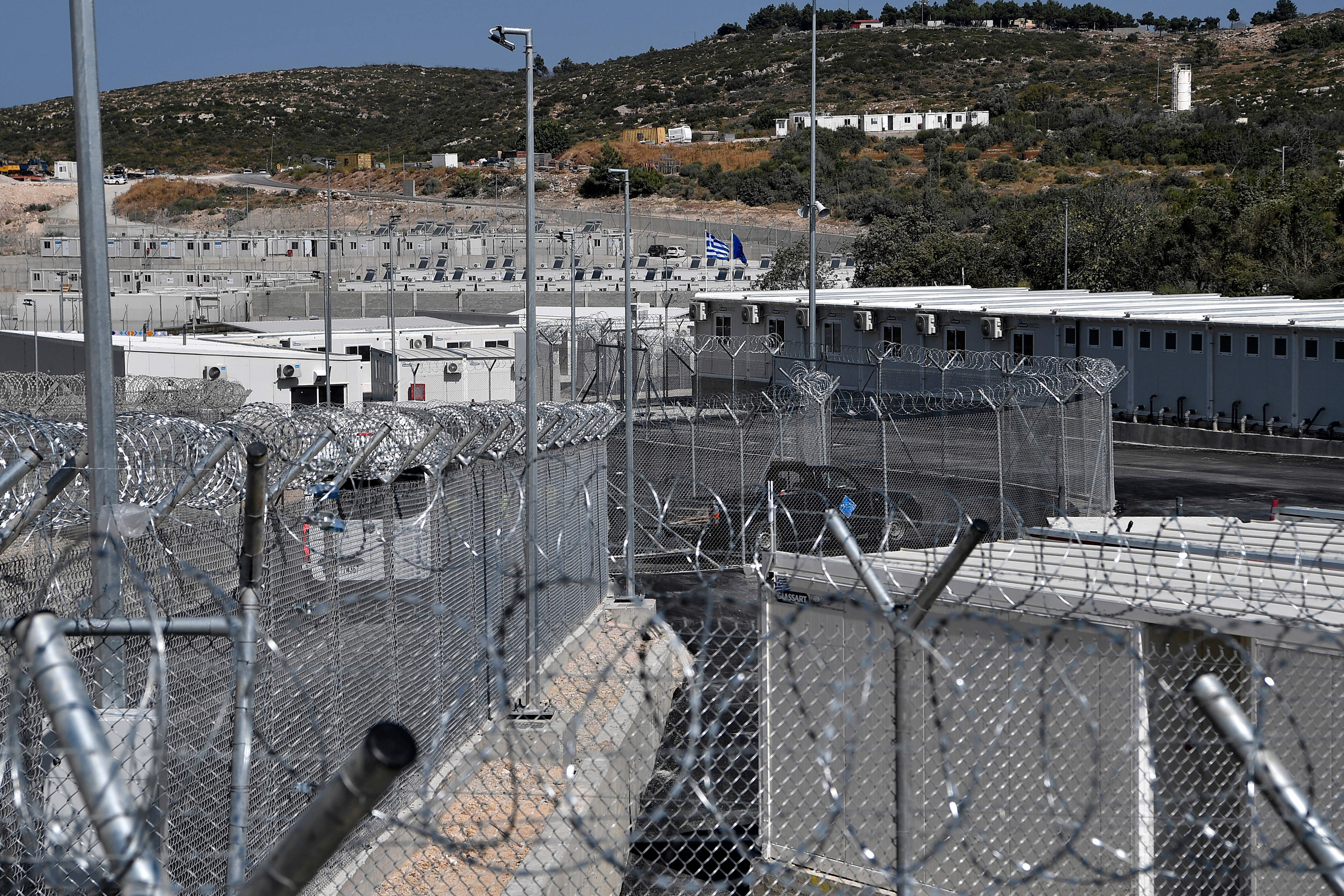
Critics say the new legislation is aimed at giving the Greek government legal cover for simply sending asylum seekers from those countries back to Turkey without having to assess the merits of their claims.
"If we want to be honest, we are witnessing the dismantling of the 1951 Convention on Refugees," said Dimitriadi, referring to the UN's multilateral treaty setting out the rights of refugees.
And not just in Greece, she contends, saying other EU countries are eyeing similar legislation and increasingly at ease with Greece acting as a buffer state.
The NGO Doctors Without Borders, which is working with asylum seekers on the islands, has denounced the new holding centres as ill-disguised prisons aimed at segregating and isolating asylum seekers from the local community.
'We share humanity'
Pavlidis, the coroner, is not alone in his efforts to put a face to those who die trying to find another horizon, to put down a marker acknowledging they were here.
In the hills above the Evros delta, in the town of Sidiro, mufti Mehmet Serif Damadoglou tends to a graveyard filled with hundreds of white headstones, most of them without any names.
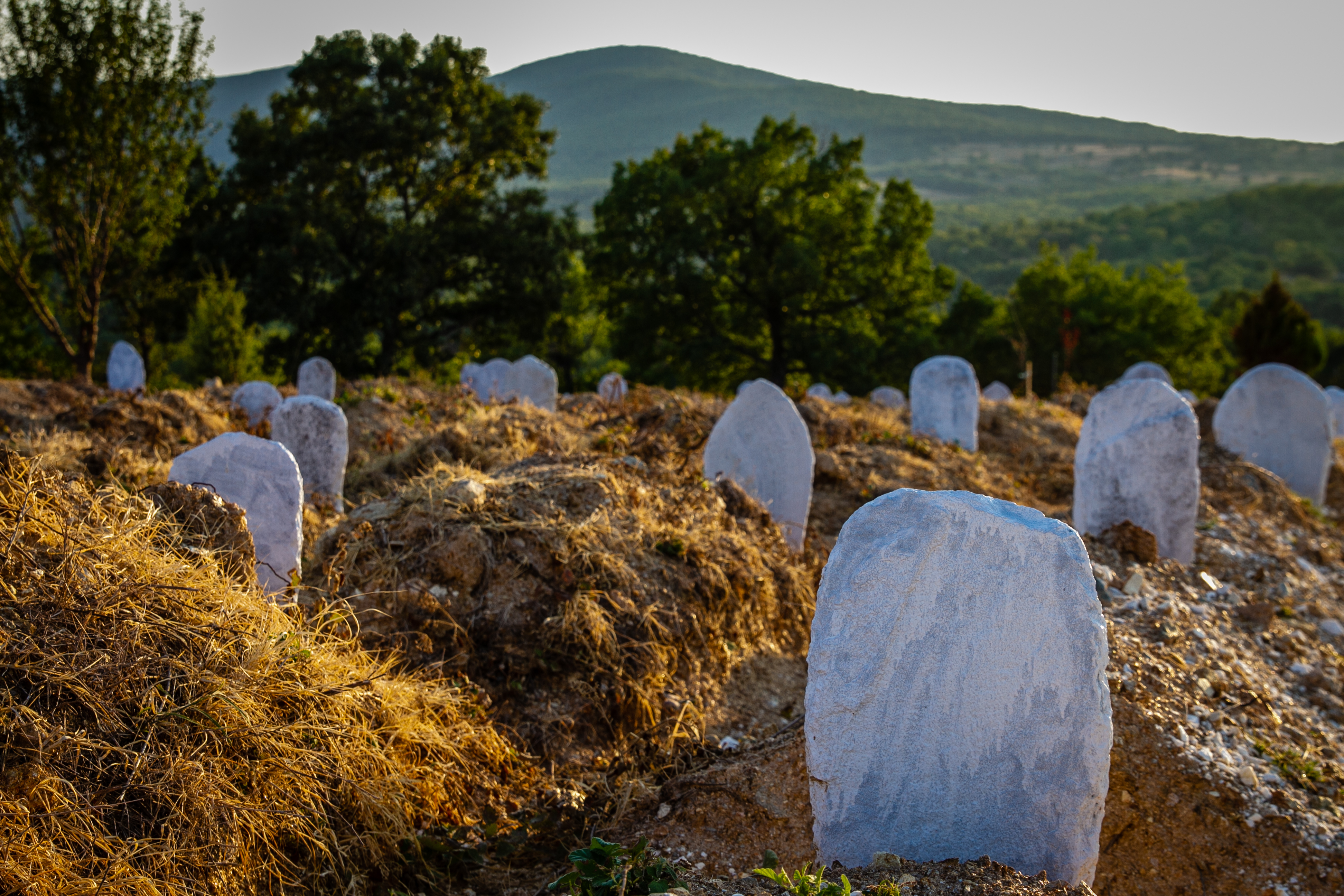
He knows the stories behind some of them. There is a tree planted next to one headstone, put there by an Iranian couple who came looking for their two daughters.
They found the body of one, in the graveyard. The other is still missing.
Another grave holds the body of an Afghan woman discovered in April and identified by Pavlidis with DNA from her brother.
Sidiro is home to a Turkish-speaking Muslim minority.
WATCH | The mufti of Sidiro sings a prayer in a graveyard filled with mostly unmarked headstones:
Damadoglou says not all those buried in the graveyard are Muslim.
"We don't have the right to send people to paradise or to hell — Christians or Muslims," he said. "But we share humanity, and we can live together."
When we meet Damadoglou, he is dozing on the porch of his home, which doubles as the neighbourhood gas station. Not a car goes by without honking at him. It makes napping difficult.
Sitting a few feet away on a chair, in a yard filled with chickens and one angry rooster, there is a slight young man in a baseball cap worn backward, head in his hands.
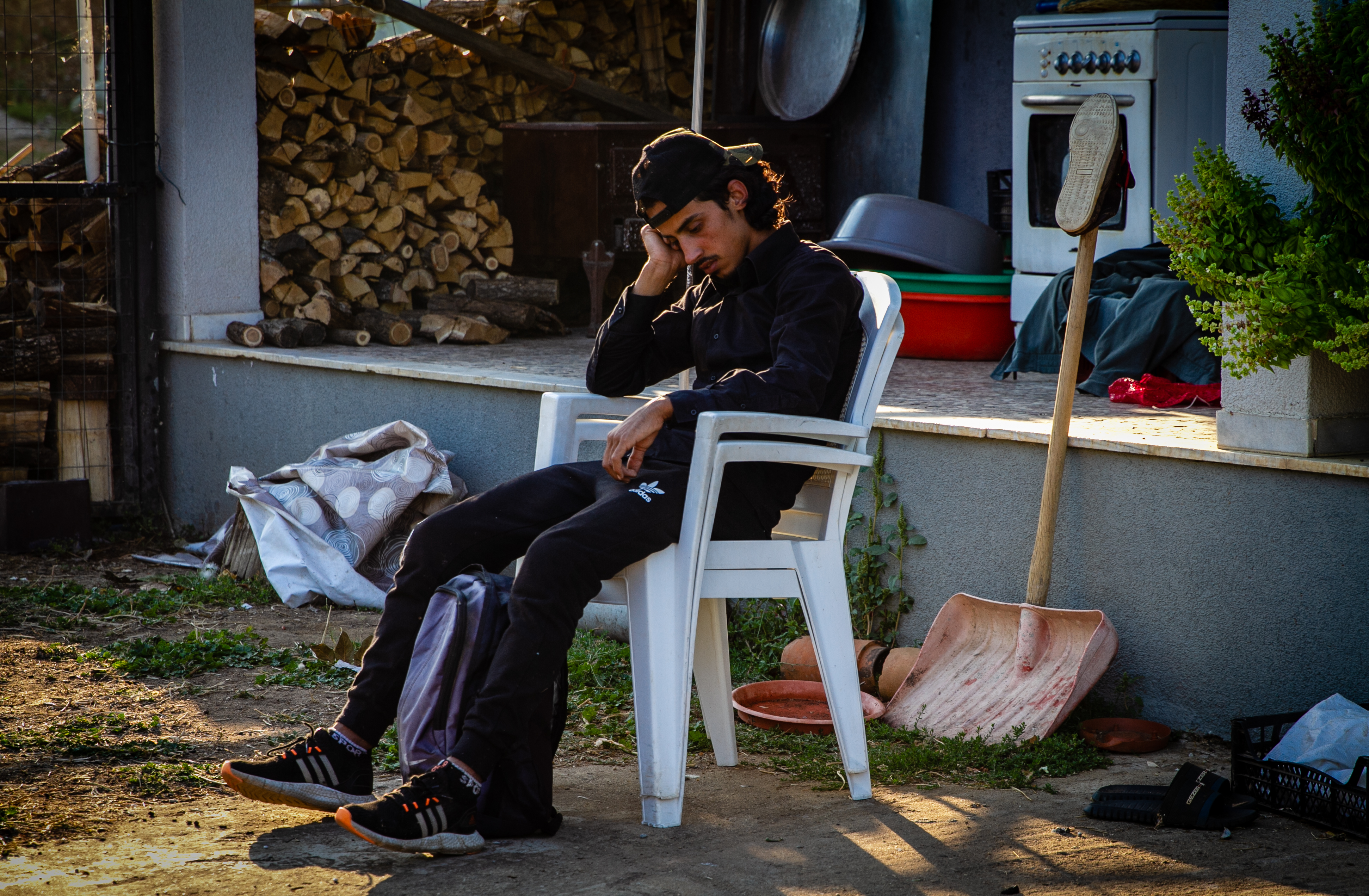
"You've come for the dead," Damadoglou said to us with a twinkle in his eye, "but you found one living. Isn't that better?"
The young man tells us he is called Mahmoud, that he is 18 and from the Syrian city of Deir ez-Zor, scene of some of the harshest fighting of the long Syrian civil war.
With help from Damadoglou and Google Translate, he says he'd been living in Turkey for the past year and was trying to reach a brother in Germany. He said the Greek police took his passport on his last try at crossing the land border.
He tried again without it, but his travelling companions were caught, so he decided to turn himself in as well.
He asked for help at the mosque and the mufti called the police.
They'd been waiting hours for them to turn up. Damadoglou couldn't invite him in for fear of being accused of facilitating illegal migrants or smuggling rings.
Mahmoud used our phone to make contact with his brother in Germany, who told him to ask to be taken to a refugee camp. We left him with a paper written in Greek with his name, saying he was Syrian.
Less than 24 hours later, we heard from Mahmoud's brother that he'd already been returned to Turkey.
But at least he is alive, not one of the lost souls on the coroner's table.
Pavlidis, though, expects more. He's asked for another refrigeration unit from the International Committee of the Red Cross.
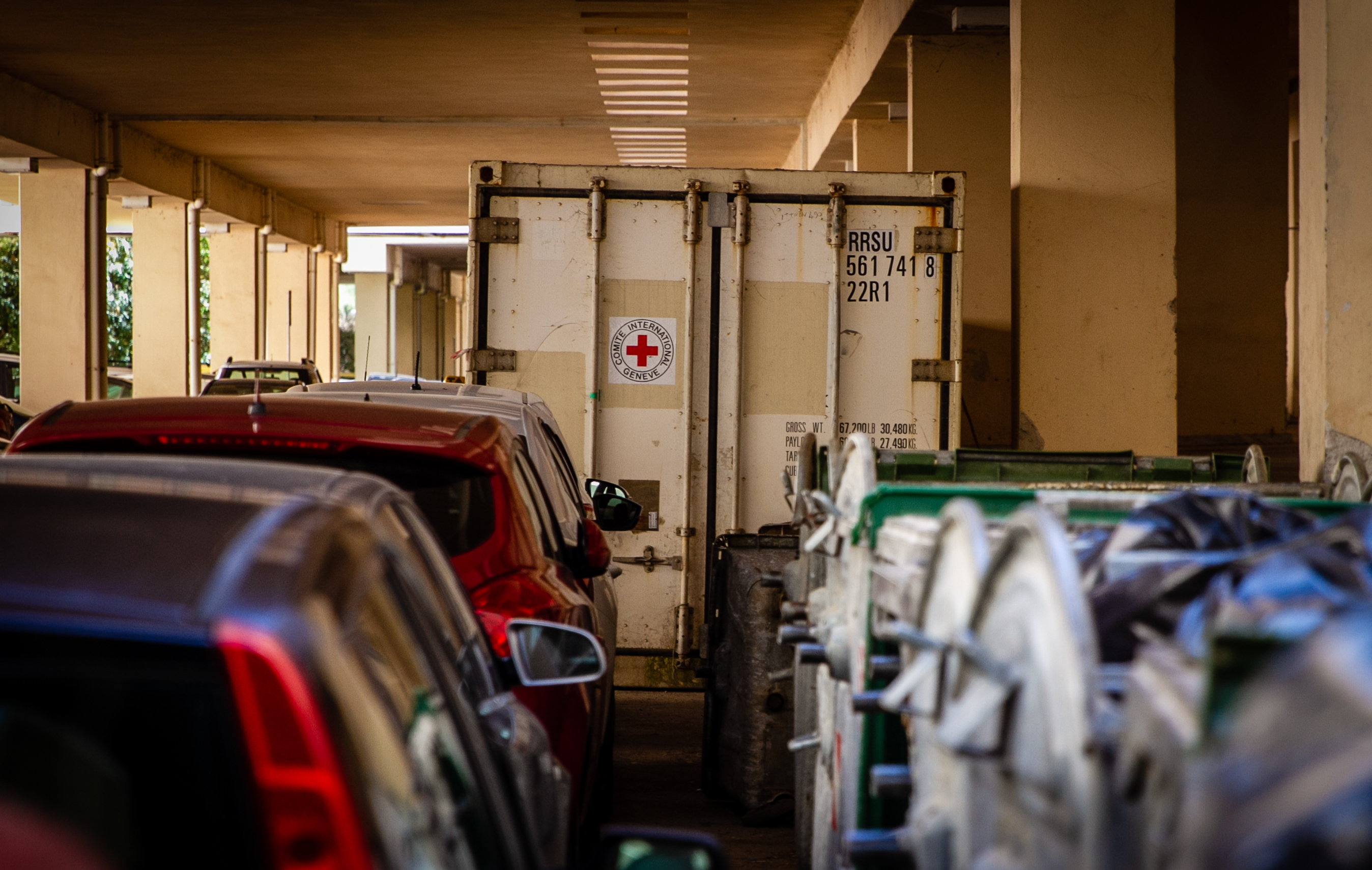
The one they've already given him, generator whirring, sits outside his office in the parking lot, next to the recycling and waste bins.
Pavlidis is not one to display much emotion, and if you ask how he deals with the weight of his job, his first answer is to tell you he's a professional.
"It is my job to find the answers," he said. "That is satisfaction for me."
An answer that can at least offer loved ones searching for the missing some closure.
"It's not a good answer," he said. "But it's an answer."
